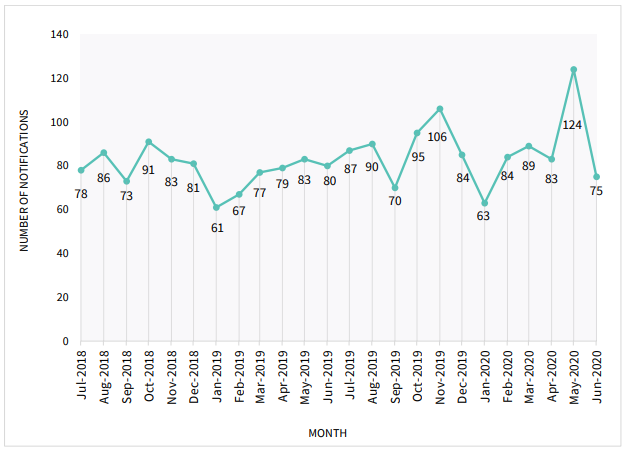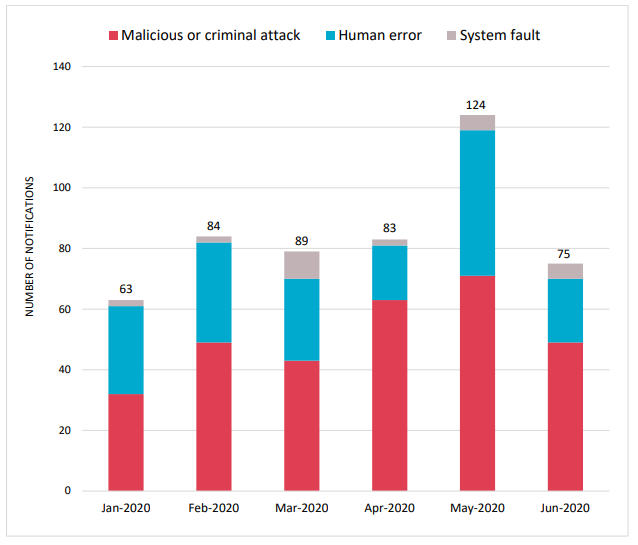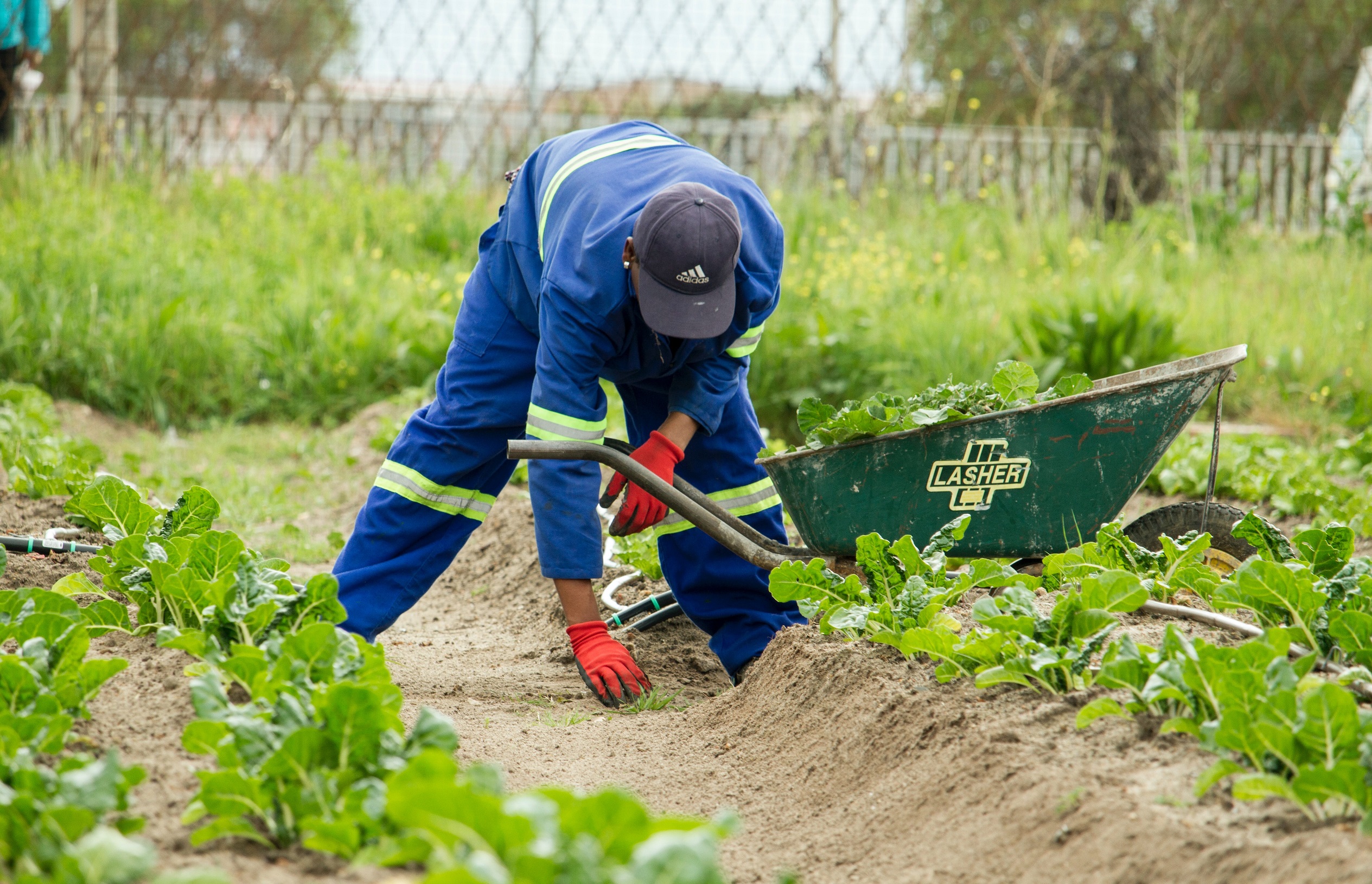Global ecommerce giant Alibaba and international payment platform Mastercard have teamed up with Blockchain Australian in order to roll out a new VeChain-powered platform that will track Australian food and wine exports with blockchain technology.
Facilitated with the new APAC Provenance Council industry group, the new initiative will see the global tech giants team up to establish a new blockchain solution that will track, authenticate, and finance international exports sourced from Australian farmers.
Trade financing provided by Mastercard and Alipay will see Aussie farmers paid faster and earlier for the produce they create. The automated supply chain solution, powered by the VeChain blockchain, will be backed up by MasterCard Provenance. Mastercard’s blockchain solution will be used in a private, permissioned capacity in order to verify transactions for users.
Blockchain Supply Chain Initiative Targets Chinese Markets
The platform is primarily aimed at the $76 billion Chinese market, with APC co-founder David Inderias highlighting the importance of new technology focused on diversifying Australian food exports in the post-COVID market ecosystem:
“The overall theme of this is making more resilient export supply chains. One current complexity is COVID. The other is the economic and political trade circumstances, especially with China,’’
The APAC Provenance Council is the largest cross-continental doof supply chain and finance consortium operating in Australia, and is strongly supported by a range of industrial, government, and export bodies. The core founding members of the council include Australia Made, Blockchain Australia, VeChain, and FoodAgility CRC.
Operated by the Australian Government, the Food Agility Cooperative Research Center has recently captured the support of major enterprises such as Kelloggs, Mars, Coles, NAB, and IAG n funding a $10 million supply chain initiative focused on reinventing agribusiness supply chains.













